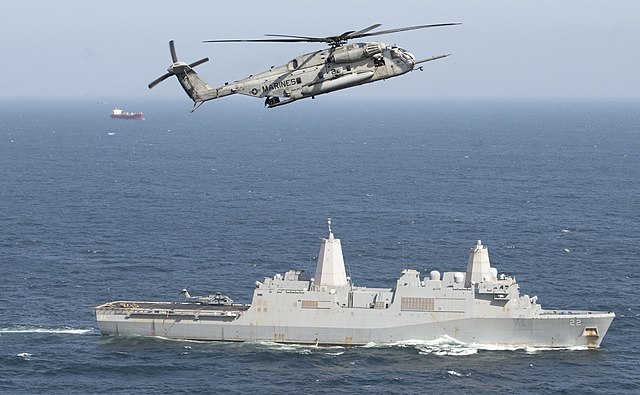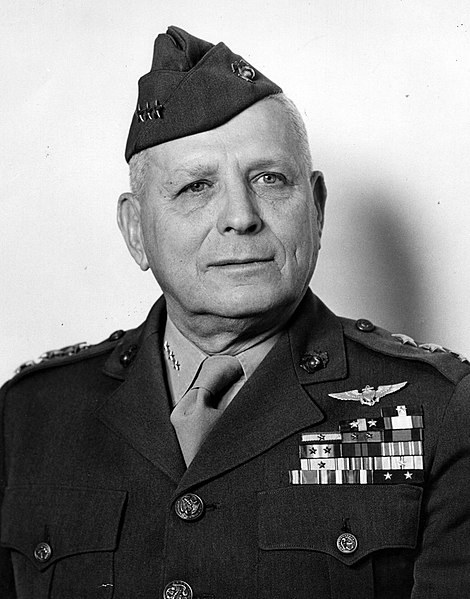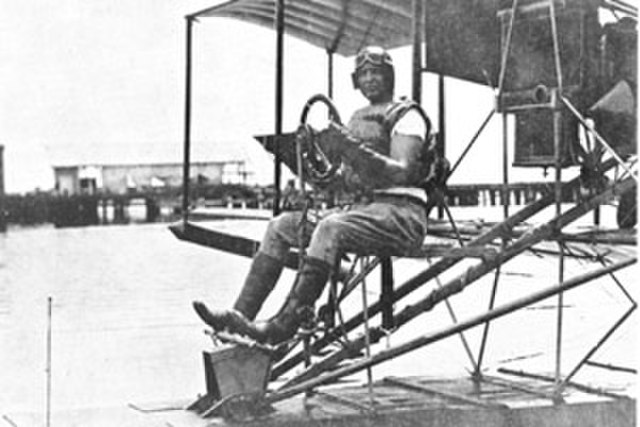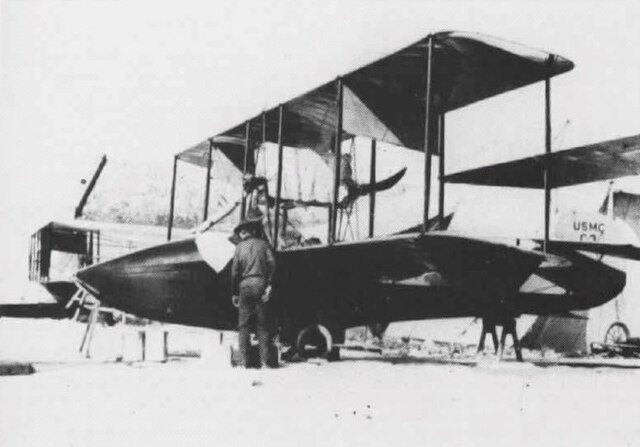Deputy Commandant for Aviation
The Deputy Commandant for Aviation (DCA) is the United States Marine Corps' principal advisor on all aviation matters and is the spokesperson for Marine Corps Aviation programs, requirements, and strategy throughout the Department of the Navy and the Department of Defense. DCA is normally the highest-ranking naval aviator in the Marine Corps and reports directly to the Commandant of the Marine Corps. The role of DCA is an administrative position and has no operational command authority over United States Marine Corps Aviation forces.
Deputy Commandant for Aviation
Image: USMC 19400
Image: Roy Geiger
Image: Rowell RE
United States Marine Corps Aviation
The United States Marine Corps Aviation (USMCA) is the aircraft arm of the United States Marine Corps. Aviation units within the Marine Corps are assigned to support the Marine Air-Ground Task Force, as the aviation combat element, by providing six functions: assault support, antiair warfare, close air support, electronic warfare, control of aircraft and missiles, and aerial reconnaissance. The Corps operates rotary-wing, tiltrotor, and fixed-wing aircraft mainly to provide transport and close air support to its ground forces. Other aircraft types are also used in a variety of support and special-purpose roles. All Marine Corps aviation falls under the influence of the Deputy Commandant for Aviation, whose job is to advise the Commandant of the Marine Corps in all matters relating to aviation, especially acquisition of new assets, conversions of current aircraft, maintenance, operation, and command.

A Marine Corps CH-53E Super Stallion flies above the USS San Diego (LPD-22) over the Persian Gulf in 2021
First Lieutenant Alfred A. Cunningham, first Marine Corps aviator
The first USMC plane: a Curtiss C-3
First Marine Aviation Force Colors, 1918 William McIlvain (Naval Aviator No. 12 and Marine Aviator No. 3]; second from right.Roy Geiger(Naval Aviator # 49 and Marine Corps Aviator # 5) on far right.








![First Marine Aviation Force Colors, 1918 William McIlvain (Naval Aviator No. 12 and Marine Aviator No. 3]; second from right.Roy Geiger(Naval Aviator](https://upload.wikimedia.org/wikipedia/commons/thumb/f/fa/First_Marine_Aviation_Force_Colors%2C_1918.jpg/640px-First_Marine_Aviation_Force_Colors%2C_1918.jpg)